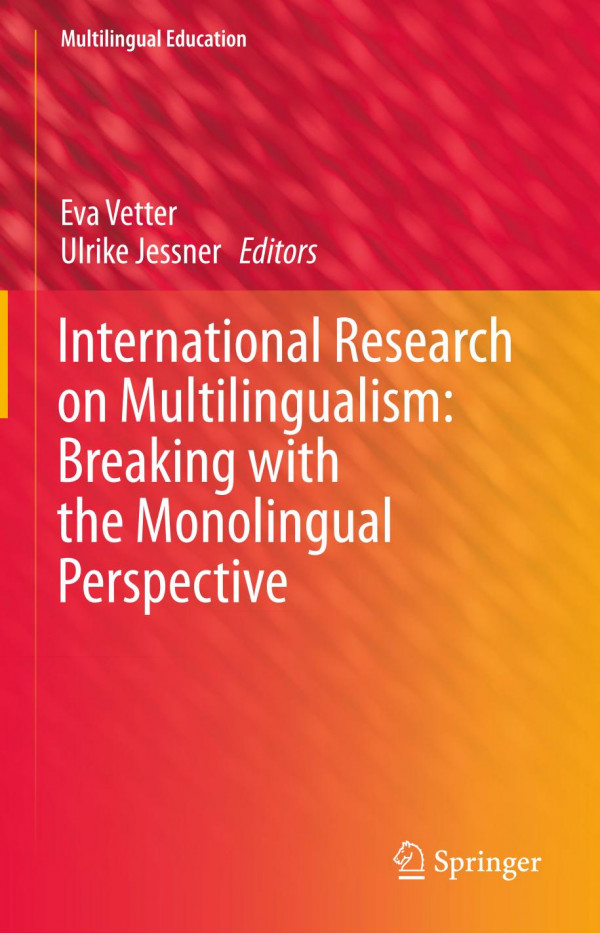

Most ebook files are in PDF format, so you can easily read them using various software such as Foxit Reader or directly on the Google Chrome browser.
Some ebook files are released by publishers in other formats such as .awz, .mobi, .epub, .fb2, etc. You may need to install specific software to read these formats on mobile/PC, such as Calibre.
Please read the tutorial at this link: https://ebookbell.com/faq
We offer FREE conversion to the popular formats you request; however, this may take some time. Therefore, right after payment, please email us, and we will try to provide the service as quickly as possible.
For some exceptional file formats or broken links (if any), please refrain from opening any disputes. Instead, email us first, and we will try to assist within a maximum of 6 hours.
EbookBell Team

5.0
100 reviewsThis volume contributes to a better understanding of both psycho- and sociolinguistic levels of multilingualism and their interplay in development and use. The chapters stem from an international group of specialists in multilingualism with chapters from Austria, Canada, Germany, Hungary, Israel, Italy, Slovakia, South Africa, Spain and the United States. The chapters provide an update on research on third language acquisition and multilingualism, and pay particular attention to new research concepts and the exploration of contact phenomena such as transfer and language learning strategies in diverse language contact scenarios. Concepts covered include dominant language constellations, mother tongue, germination factors and communicative competence in national contexts. Multilingual use as described and applied in the volume aims at demonstrating and identifying current and future challenges for research on third language acquisition and multilingualism. The third languages in focus include widely and less widely used official, minority and migrant languages in instructed and/or natural contexts, including Albanian, Arabic, Basque, English, French, German, Hungarian, Italian, Romanian, Spanish, Punjabi, Russian, Turkish, and Vietnamese, thereby mapping a high variety of language constellations.